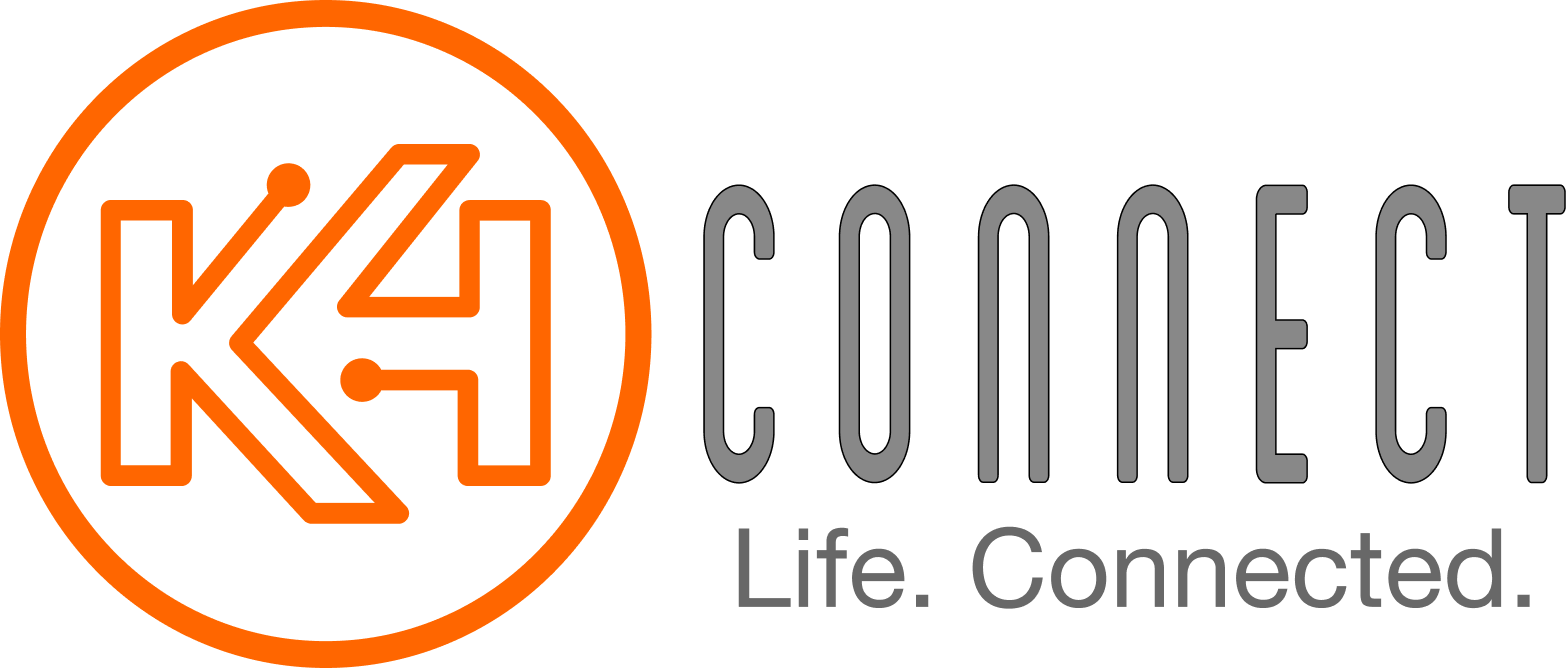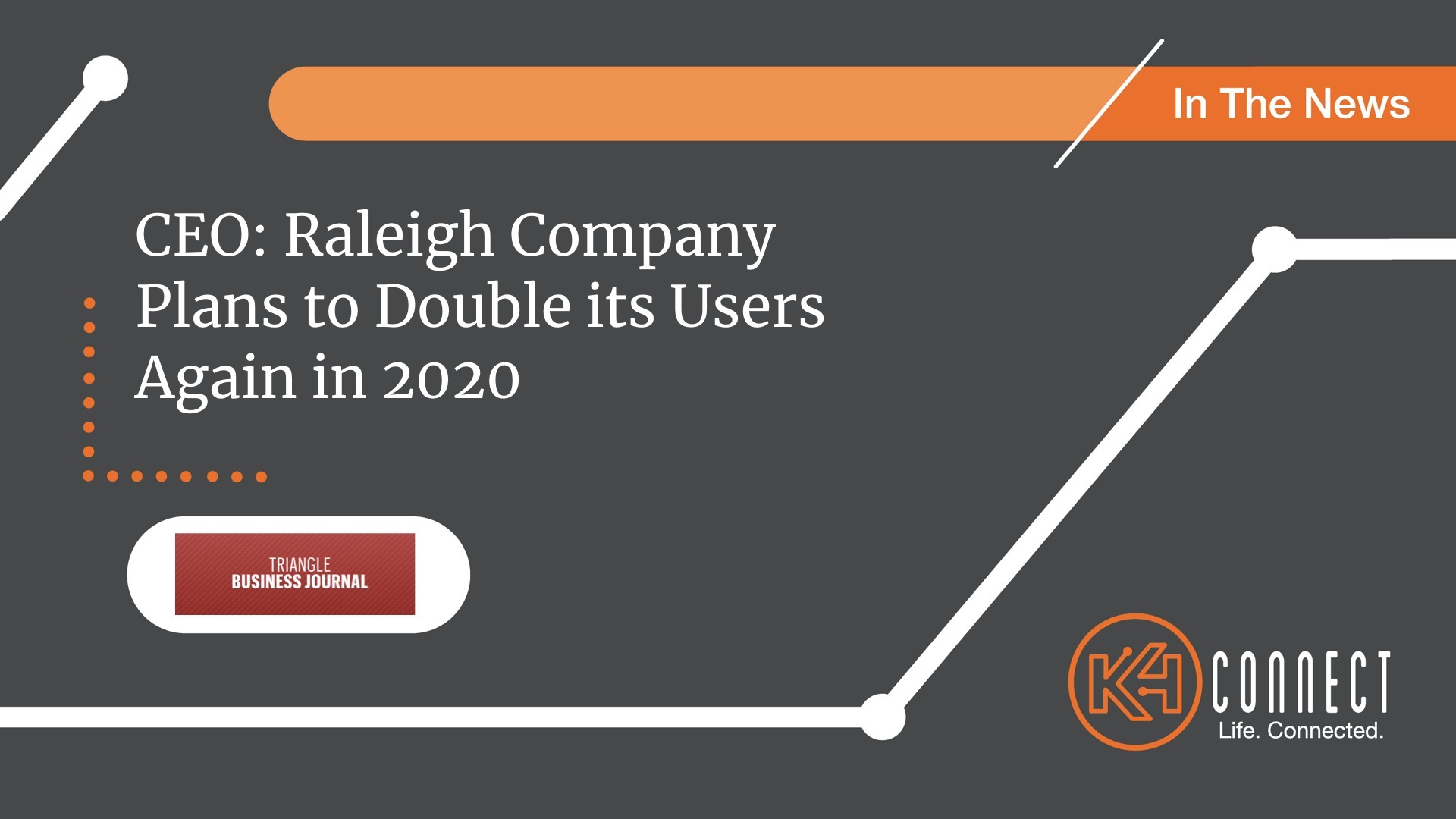Coming off a strong year of growth in 2019, a Triangle technology solutions company says it expects to be doubling again in 2020.
By: Seth Gulledge
Raleigh-based K4Connect has been rapidly expanding for a number of years. Since making its debut in 2015 with $2 million in seed funding, the company has raised more than $27 million.
Its scaling efforts began in large in late 2018, following a $12 million Series B round that positioned it to expand access to its K4 Community platform – which integrates the latest smart home and health technologies into a user interface designed for senior living residents and staff.
At the time of its Series B, the company reported about 13,000 users of its platform.
According to CEO Scott Moody – formerly credited for the TouchID technology bought out by Apple – the K4Connect now reports 29,000 users, well over doubling its business in just over a year.
But Moody says the company is far from being at capacity.
“Frankly, I expect to double again this year,” he says.
The company declined to disclose exact financial figures, but Moody says its user total “tracks very well” to the growth of the company and its revenue. K4Connect says it currently has 27 customers that use its technology to reach those 29,000 users, most of who are in senior living communities owned by the customers.
Moody says the average user of the company’s technology is an 83-year-old woman.
“This whole idea that older adults don’t like technology is malarkey,” he says. “The fact of the matter is if you design something that provides real utility to their lives, making their lives simpler, healthier and happier, they use it.”
However, Moody says the difficulty of designing something for older users is the primary advantage it has on the market, as well as its ability to sell a product to senior living communities that seldom purchase beyond guideline required technology.
Expanding the company will require the continued hard innovation involved with new technologies, and then getting that technology into the hands of a more evasive customer base.
“We’ve learned how to do three hard things,” Moody says. “We’ve learned how to do the tech, we learned how to serve our members and we learned how to serve our customers.”
Central to the value proposition is turning the popular conveniences of modern technology into utility for older customers. Moody says whereas things like automated lights and thermostats are desirable to most demographics, those features can drastically improve the lives of older adults.
According to internal company data, some 80 percent of its users interact with its platform daily.
“I always tell people, ‘anyone can tell a story, but it’s the tech that makes it real,'” Moody says.
Looking ahead, Moody says the company will likely go back out to market for another raise at the end of this year. In regards to competition, he says the company believes that most of the existing competition is technology that would integrate into its platform, not compete with it.
Moody compares the situation to Apple’s IOS platform encouraging app developers to increase the value of its product.


